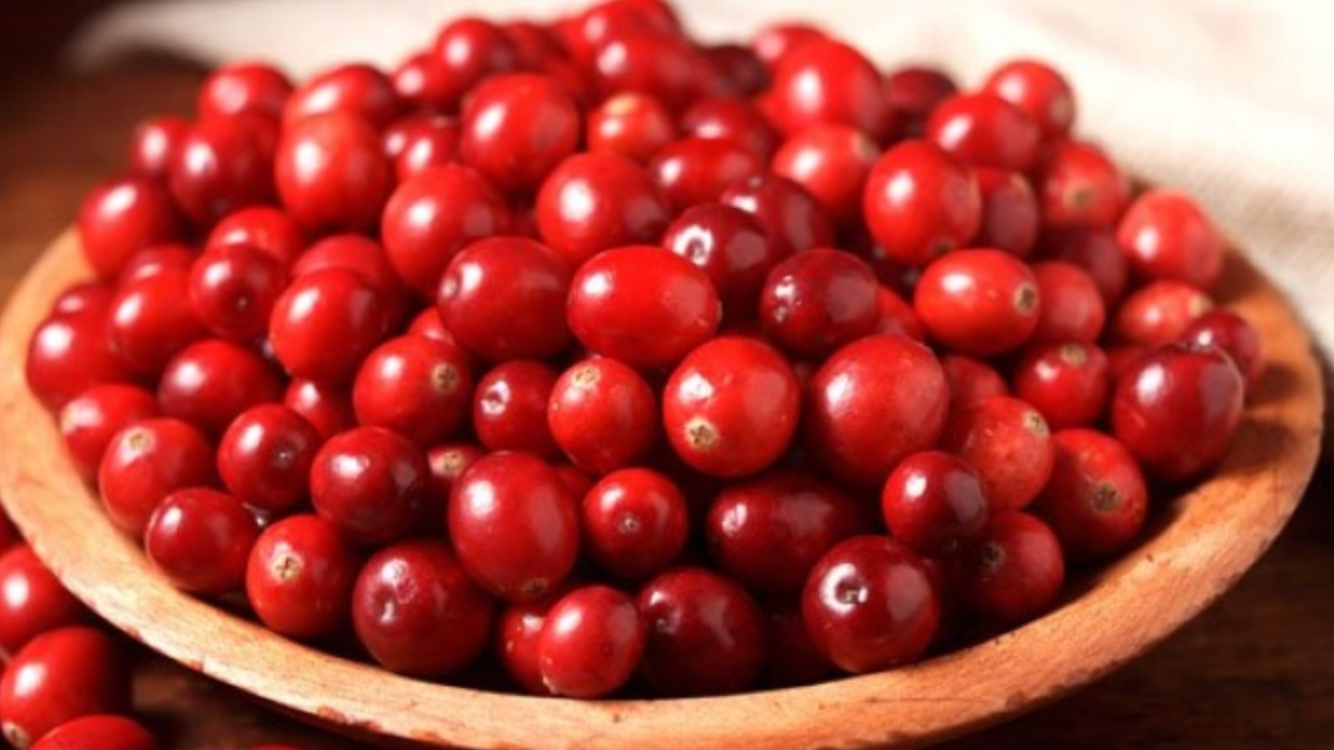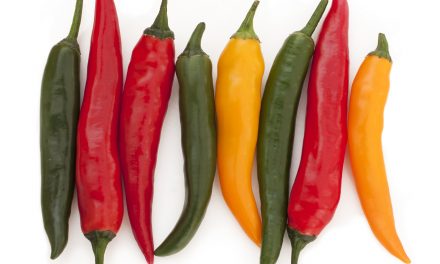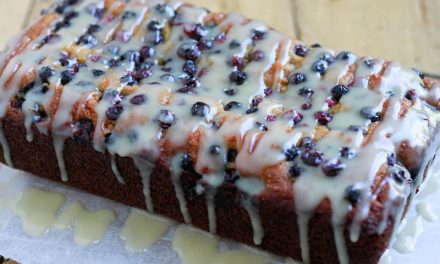By: Jami Oles, CNT, Holistic Nurse and Health Educator
Urinary tract infections (UTIs) are the second most common type of infection in the body, sending more than eight million people to their healthcare providers every year in the US alone. And while low doses of antibiotics may be prescribed daily for six months or more, this increases the risk of developing antibiotic-resistant strains of the bacteria.
But, experts have discovered that compounds in cranberries, flavonols, may prevent E.coli bacteria from triggering an infection in the first place. These findings will provide a new area of focus for drug developers.
Professor Terri Camesano, from the University of Massachusetts Dartmouth, said: ‘With the emergence of new superbugs that are resistant to current antibiotics, our hope is to better understand the mechanisms of bacterial infection so we can identify potential new antibiotic drug targets.’
According to the US Centers for Disease Control and Prevention, at least two million Americans are infected each year with drug-resistant bacteria, while some 23,000 die from those infections.
In order to cause an infection, bacteria must first adhere to a host and accumulate in sufficient numbers to form a biofilm. The researchers found that the flavonols in cranberry juice helped to prevent E.coli from sticking to a surface, thereby making it impossible to adhere and replicate enough to cause an infection.
E.coli, while often linked with food poisoning, comes in various strains and is responsible for many types of infection, including urinary tract infections. Previous work by Professor Camesano and her colleague Professor Catherine Neto, found that a group of compounds called proanthocyanidins (PACs) likely play a role in cranberry juice’s ability to block bacterial adhesion.
The authors of the study wrote:
“This study is the first to combine an assay-guided fractionation approach with atomic force microscopy to identify cranberry juice constituents that most strongly influence E.coli adhesion forces.’ After the first round of testing, samples that showed the greatest ability to reduce E.coli infection were further separated. The process went on for a number of cycles, further reducing the number of compounds in each sample. This allowed researchers to home in on the key chemicals that prevent the bacteria from sticking together and forming the biofilm. The tests concluded that flavonol galactosides showed the strongest results.”
The results build on previously published studies, in which Professor Camesano and her team showed that cranberry juice compresses the tiny tendrils on the surface of E.coli bacteria. It is these tendrils that allow the bacteria to bind tightly to the lining of the urinary tract. The change in shape greatly reduces the ability of the bacteria to stay put long enough to trigger an infection.
Flavonols are also likely to affect the ability of the tendrils to bind to surfaces, but in a different way, Professor Camesano noted. The authors wrote: ‘This strongly suggests the anti-adhesive role of other classes of cranberry compounds in conjunction with already known PACs may have implications for development of alternative antibacterial treatments. ‘These compounds should be further explored, both individually and in combination for their antimicrobial properties against various bacterial diseases [to] give us a therapeutic edge against these ‘superbugs.’
Hippocrates had it right, “Let thy food by thy medicine”. I guess we will have to let them take credit for this one, too. As a Natural Practitioner I’m often told that Botanical Medicine is “less than” or is “woo” medicine, and has no science behind it but that couldn’t be further from the truth; quite a bit of botanical medicine does, in fact, have science behind it. Unfortunately, it is only when money stands to be made, that the research is accepted. I just hope they learn to give credit where credit is due because in this instance, it belongs firmly with nature.
The findings are published in The Royal Society of Chemistry Journal Food & Nutrition.
About The Author
Jami Oles, CNT, HHP, Holistic Nurse and Health Educator
Jami is a mother of three and a Holistic Health Practitioner with a 10-year background in Nursing and Emergency Medicine. She is a Certified Nutritional Therapist, Holistic Nurse, EMT and is currently pursuing her PhD in Naturopathic Medicine. Jami is also a member of the American Holistic Nurses Association and regular guest and co-host on WNDB radio’s “Sunrise Today Show”. She is available for local and long distance consultations. You can reach Jami via email yournaturalhealer@gmail.com and/or her Facebook Page: Jami Oles, Holistic Nurse












